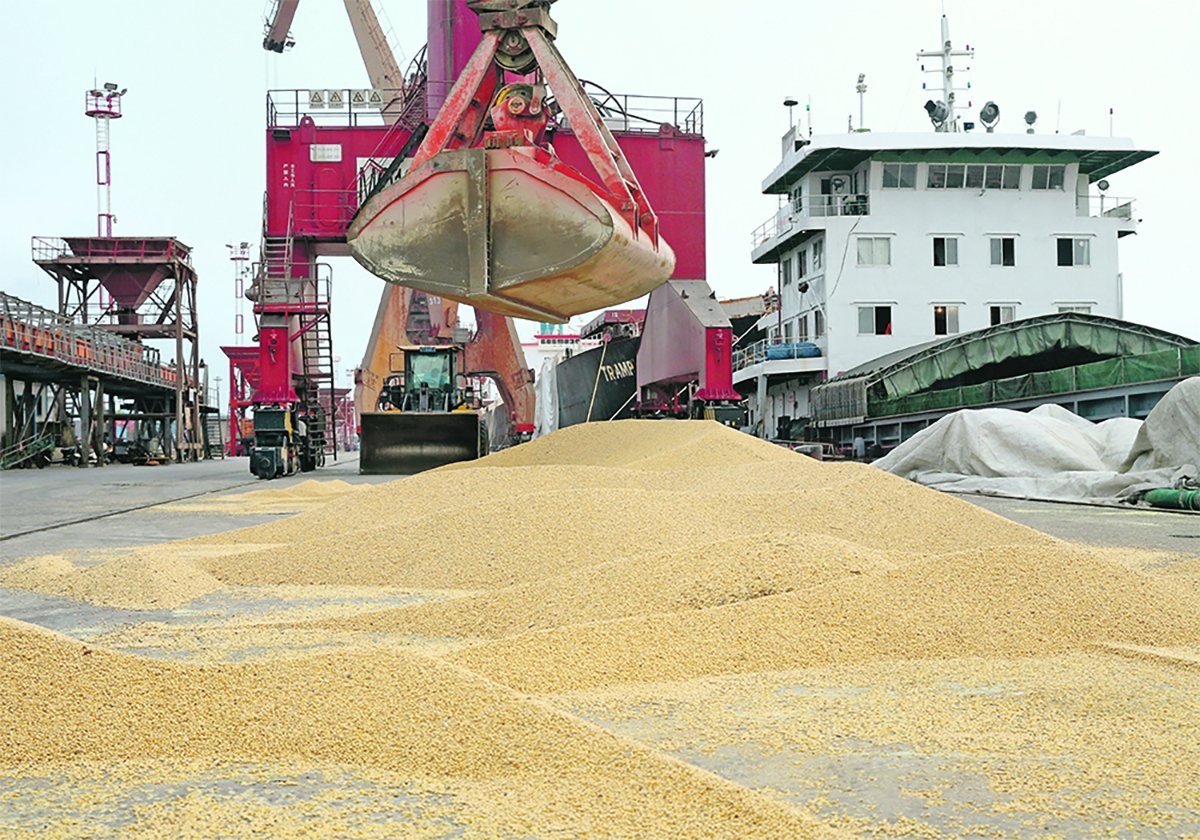Nothing illustrates the demise of world trade agreements more than the recent dispute between the United States and China.
The tariffs issued by both countries are considered to be illegal by current World Trade Organization rules, but no one is concerned. That’s because the WTO agreement is essentially dead and buried.
As a result, trade disputes in the future are going to be subject only to bilateral trade agreements.
Read Also

Bunge’s crop mix is changing
Bunge has predominantly been a soybean processing firm, but that’s about to change after the merger with Viterra with softseed processing and grain merchandising gaining ground.
The problem is that these deals are largely theoretical and will take years to negotiate. Until they are codified, world trade is going to be in a wild west situation with no real rules.
In the past, U.S. agricultural subsidies for farmers would be scrutinized for their impact on world trade. There would be plenty of debate about which box — green, amber or red — they fell into. Depending on the box, countries could then respond by installing new tariffs on the offending country.
This is no longer even a consideration for policy makers in the U.S. as they contemplate a broad-scale bailout of U.S. soybean farmers.
The U.S. administration plans to roll out a $10 to $15 billion bailout for U.S. soybean farmers. Few details are available at the moment, but it appears there will be a direct payment to U.S. soybean farmers to compensate for the loss of the Chinese export market.
What happens if the U.S. and China can’t reach an agreement on trade in the next year? Then another subsidy payment will be required in 2026.
In the meantime, China will continue to source soybeans in South America, which will encourage even more soybean acreage in the region. This will relegate the U.S. to the role as a secondary, high-priced supplier of soybeans in the world market.
This is a very similar situation to what happened in the wheat market 20 years ago, when other suppliers entered the market from the Black Sea region and largely displaced U.S. export demand.
It’s not good news for the future of U.S. soybeans and illustrates the perils of the U.S. trade war.
Certainly, the domestic U.S. soybean market will remain intact, but permanent damage is being done to export demand. The short-term policy fix of direct payment subsidies will cause lasting damage to the U.S. soybean industry.















